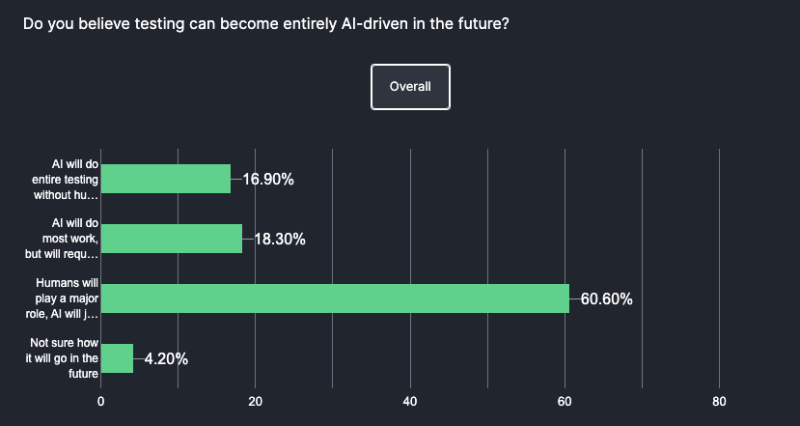Cloud computing is the distribution of IT services, such as servers, storage, databases, networking, software, analytics, and intelligence, over the Internet (the cloud) in order to provide on-demand services, flexible resource options, and quicker innovation.
Cloud Computing’s Advantages
-Shorter time to market.
-Developers can accelerate work with the help of rapid deployments.
-In a couple of seconds, you can spin up new instances or retire existing ones.
-It has the capacity to grow and change.
-Saves cost
-Improved cooperation
-Enhanced security
-Prevention of data loss
*The Cloud Deployment Models
*
The Cloud Deployment Model is a virtual computing environment that may be deployed in many ways based on the volume of data to be stored and the users’ access rights to the infrastructure.
Public Cloud: This is when a third-party provider owns and manages the infrastructure and services and makes them publicly accessible via the internet.
Private Cloud: A private cloud is a cloud computing environment where only authorized users from that organization can have access to the infrastructure and services, which are owned and managed by a single entity, such as a business or government.
Hybrid Cloud: A hybrid cloud is a combination of both public and private cloud environments that allows organizations to take advantage of the benefits that comes with both types of clouds
*Cloud services models
*
There are three main types of cloud computing services: Infrastructure-as-a-Service (IaaS), Platforms-as-a-Service (PaaS), and Software-as-a-Service (SaaS).
-Software as a service (SaaS):
Is a method of using the Internet to deliver applications and services. We relieve ourselves of the difficult software and hardware management by just accessing it over the Internet, eliminating the need to install and maintain software.
-Platform as a service (PaaS):
Is a subset of cloud computing that gives programmers a framework and platform to create online applications and services. Users only need to use their web browser to access PaaS services, which are hosted in the cloud.
-Infrastructure as a service (IaaS): A servive model which provides computer infrastructure to support different operations through outsourcing. IaaS refers to the provision of networking hardware, devices, databases, and web servers to businesses through outsourcing.










